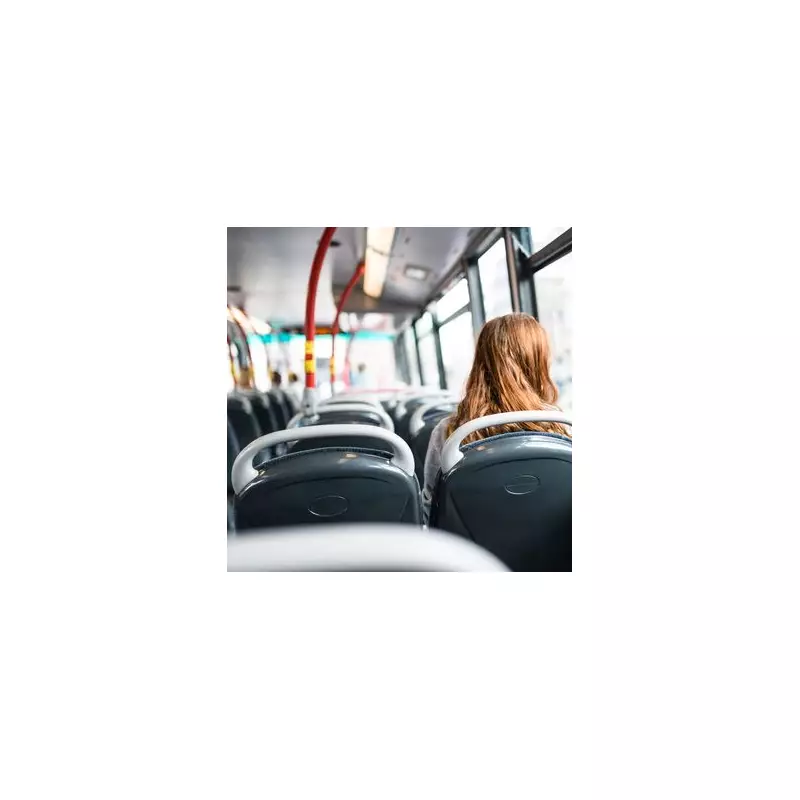
A mother's defiant decision to keep her bus seat has triggered a nationwide conversation about modern parenting and public transport etiquette, challenging long-held social conventions.
The woman, who chose to remain anonymous, found herself at the centre of a heated public confrontation when an elderly passenger demanded she vacate her seat. Despite facing criticism and dirty looks from other passengers, she stood her ground, explaining she was exhausted from caring for her young child.
'I was absolutely shattered,' she recounted. 'My toddler had been up all night, and I'd been dealing with everything that comes with motherhood. That seat wasn't just a convenience - it was a moment of respite.'
The Confrontation That Went Viral
The incident escalated when the elderly passenger became increasingly aggressive, accusing her of disrespect and poor upbringing. Other commuters joined in, creating a uncomfortable atmosphere that left the mother feeling isolated and judged.
'People were staring, muttering under their breath,' she said. 'But in that moment, I realized how quick we are to judge without knowing someone's story. My need for that seat was just as valid as anyone else's.'
Modern Parenting Meets Traditional Expectations
The story has resonated with parents across the UK, many of whom have faced similar situations. The debate has highlighted the tension between traditional courtesy rules and the realities of modern parenting.
Several aspects of the discussion have emerged:
- The invisible exhaustion of parenting young children
- Whether age should automatically trump other needs
- How public transport etiquette should evolve with changing times
- The pressure on mothers to constantly prioritise others
Public Reaction Divided
Social media responses have been sharply divided. Some commentators have criticised the mother for lacking basic courtesy, while others have applauded her for challenging outdated expectations.
'This isn't about being selfish,' one supporter wrote. 'It's about recognising that parents, especially mothers, are often running on empty. Their needs matter too.'
Transport authorities have remained neutral on the incident, reiterating that while priority seating exists for those who need it most, judgments about individual needs should be made with compassion and understanding.
The conversation continues to evolve as more people share their experiences with public transport etiquette, parenting struggles, and the complex balancing act of modern life.





